France
The Nuits Sonores festival, which takes place annually in the city of Lyon was created in 2003. The European Lab is only five years old but is quickly gathering pace. Running in parallel with the festival, this cultural forum is designed to promote discussion about cultural challenges in Europe.
Wolfgang Spindler, euronews: “The European ‘spirit’ is going through a crisis, globalisation is diminishing cultural diversity, the internet seems to dictate our lives and many are finding it hard to remain optimistic about the future. In the words of French writer Raphaël Glucksmann, this generation is suffering from a hangover.”
“Today there is a whole generation that realises that peace is not eternal and that war is in Europe,” explained French writer Raphaël Glucksmann. “Eternal prosperity is not guaranteed and we are going through a socio-economic crisis. Democratic institutions are not eternal either. We are now questioning democratic principles within the European Union, just like we did in 1945.”
Technology is advancing rapidly, the availability of large data along with machine learning information that can be read and processed at any time has made analytics a powerful engagement influence.
Big data collected through social media can now also provide businesses with crucial information about consumer preferences and targeting messaging opportunities.
“I think we have to start treating many of those platforms the way we treat, for example, the fast food industry,” said Belarusian writer Evegeny Morozov. “The junk food industry or the casinos which deliberately manufacture their products to be addictive. I don’t think that the cultural products made in the age of digital platforms are that much different. They are carefully engineered to be liked but it does not mean that there is actual a static component that deserves our liking.”
Amid political and economic challenges, migration flows triggered by war and the rise in the popularity of right-wing parties in Europe; culture isn’t at the top of the agenda at the moment.
“Culture is essential, especially in poor areas or in places where social bonds have been broken,” explained Raphaël Glucksmann. “People tend to shield themselves while rejecting others. Culture can help us change the way we think. And I think we need a change as things are not looking good at the moment.”
You will be able to follow all the conferences on a live stream via Radio Lab or on the euronews website.



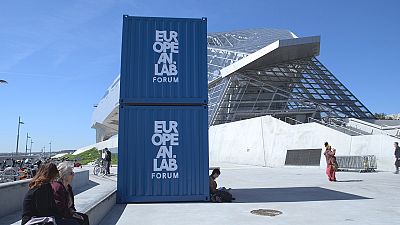


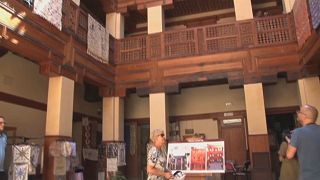
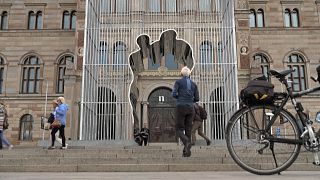
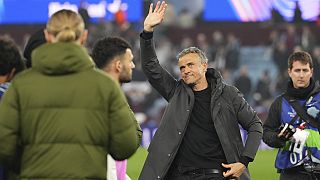
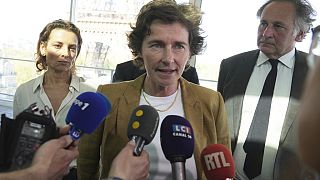




Go to video
Hip-hop gains ground in Congo's Pointe-Noire
Go to video
France, Egypt, and Jordan hold talks on the situation in Gaza
Go to video
France and Algeria resume diplomatic talks aimed at mending rift
00:40
Tebboune and Macron commit to enhancing bilateral cooperation between Algeria and France
Go to video
Paul Pogba fails to join the Olympique de Marseille side
Go to video
France: The Sarkozy trial and behind the scenes of the "deal" with Gaddafi